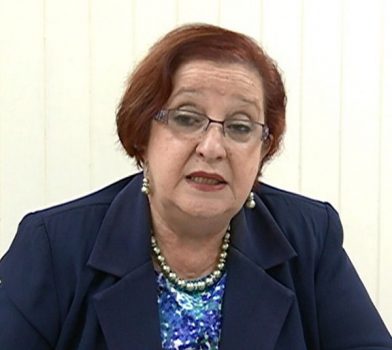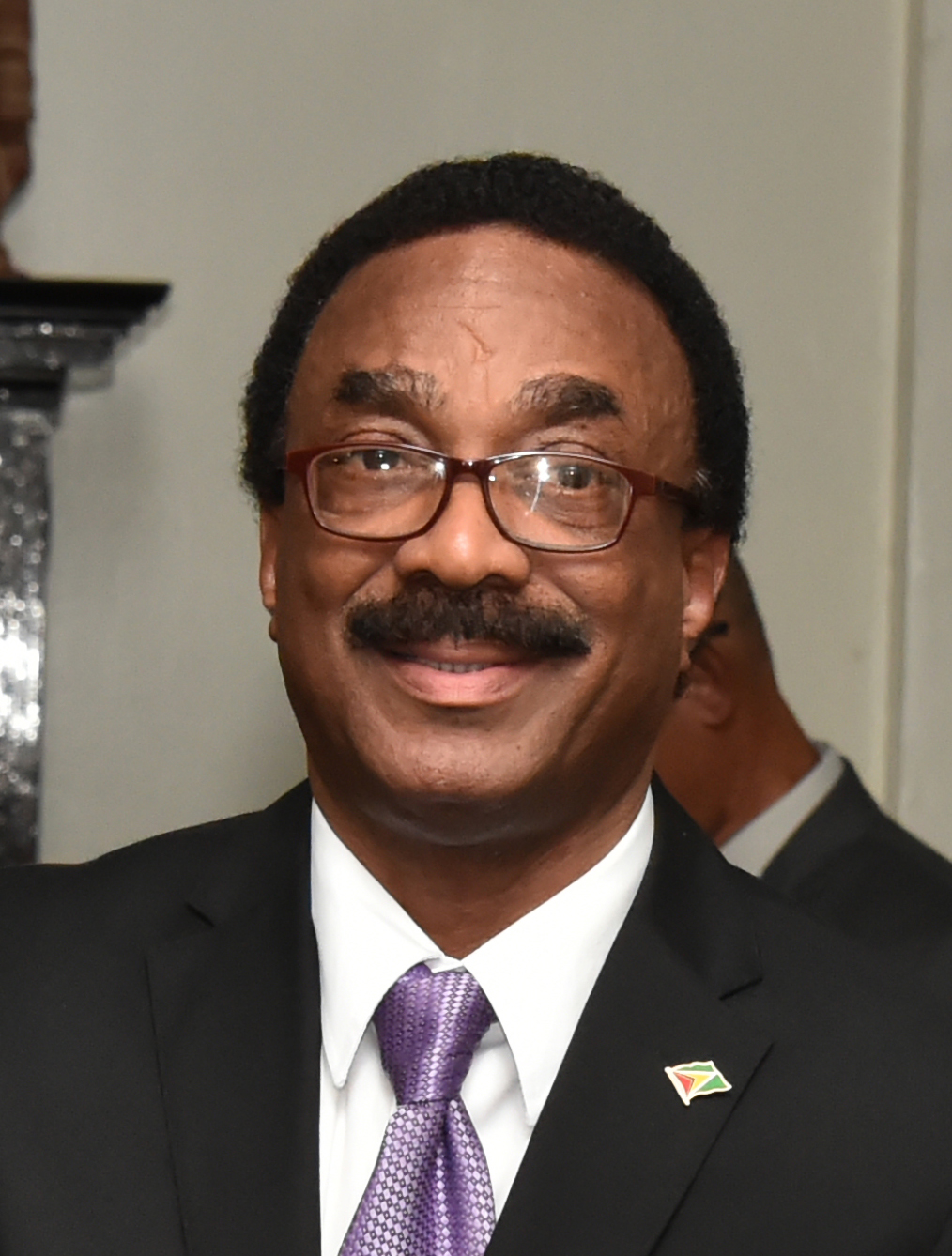A bill to provide a legal framework for the protection of witnesses was passed without amendment by the National Assembly on Friday evening despite arguments by the parliamentary opposition that it failed to take into account modern challenges.
Opposition Chief Whip Gail Teixeira described the Witness Protection Bill 2017 as a rehash of a similar piece of legislation passed by the House in 2006 under the previous PPP/C administration and she charged that in its current form it would do little to protect witnesses.
“The bill today is defective because very little serious changes for the good have been made and in fact what we have is a deficient bill again,” Teixeira told the National Assembly.

The bill, in the name of Attorney General (AG) Basil Williams SC, was read for the first time on November 17th last year. Government had released a draft bill in 2015, following which consultations were held and a revised bill was drafted.
Speaking during the debate of the bill, Teixeira called for it to be sent to a special select committee.
Arguing that the provisions of the bill were not new, she reminded that a similar bill was brought before the House in 2006 by the then AG Doodnauth Singh and was later passed but not assented to because the government at that time felt that the country did not have the capacity to implement it. At the time, Teixeira was the minister responsible for public security.
She said regrettably only minor changes, some of which were regressive, were made in the new bill and that it failed to take into consideration changes that have been seen in many areas over the last 11 years.
“These [the Witness Protection and Whistle-blower bills] were not good pieces of legislation. They needed more work and you have had two and a half years, 30 months to do much better than we did,” she stressed.
Williams, who piloted the bill through its passage, told the House that it would be “instrumental in the government’s anti-corruption fight and… the fight against crime” and comes on the heels of the recently passed SARA and Protected Disclosures (Whistleblower) bills. Additionally, it gives effect to the 1999 CARICOM Agreement establishing the Regional Justice Protection Programme, which came into force in the year 2006, he said.
The AG reiterated that government is committed to eradicating corruption and he said credible testimonies are critical to investigate and prosecute criminals and any public official who squander national resources for personal gain. “Providing witnesses with proper and adequate protection will play a crucial role in bringing the guilty to justice,” he stressed. “The value of evidence provided by whistleblowers, victims and witnesses about criminal or corrupt activity cannot be overstated. They perform a sacred duty of assisting the court in discovering the truth and are cornerstones of our justice system,” he added.
The bill makes provisions for the establishment of the Witness Protection Programme and three bodies, an Administrative Centre, an Investigative Agency and a Protection Agency, to administer it.
The programme is to focus on the safety and security of participants, including the provision of payments to them for living expenses, relocation of them and their families and the establishment of a new identity.
Costly
PPP/C frontbencher Odinga Lumumba was the first to present on the bill for the opposition and he noted that implementation will be a costly venture for Guyana. “This bill puts a lot of pressure on the Minister of Finance,” he said. “This is a very drastic programme and we must ask ourselves whether for the sake of conviction, we are prepared to jeopardise the lives of families. This is not an issue of right or wrong… of whether it should or should not be done, it is just a question of timing,” he added, while noting that there are many available options that can be looked at to improve the justice system and to protect witnesses.
At the same time, he acknowledged that the bill had to be introduced at some point, as Guyana has too many unsolved cases because of the lack of participation of credible witnesses “whose absence is often based on fear, bribery, intimidation… so at some point in time this had to be introduced.”
Lumumba did voice concern at the president’s office and the Attorney General’s office being part of the management of the programme. “I think both the president and the Attorney General are political animals… and I think they should be exempted from any role. The management should be left to the DPP, the police and, in particular, Special Branch,” he recommended.
Like Teixeira, he said the bill requires a great amount of work and should not be rushed, as people’s lives would be at stake and he highlighted the need for it to cover all criminal areas where witness protection will be necessary.
He pointed out that the bill, either intentionally or by error, did not actually list corruption on the list of offences in which witnesses would be offered protection, even though this may be required.
Lumumba also questioned whether the programme could successfully work in Guyana, given its small population and territorial space where “a family knows every family… where the jails are porous and insecure and [the] country lacks the revenue to sustain a dynamic programme.”
Against this background, he pointed out that there was no mention of relocation of participants outside of Guyana. “This bill does not in any way indicate that they will take legal measures to ensure that we have treaties with other countries… it is clear that if we are gonna have a witness protection programme, we will have to have a country or countries that are willing to accept our witnesses and all the conditions of those witnesses. They cannot stay in Guyana,” he stressed.
No choice
Meanwhile, government member and Minister of Natural Resources Raphael Trotman noted Lumumba’s concerns as well as the challenges that other countries, such as the United States and Trinidad and Tobago, are facing in protecting witnesses.
“So while we recognise that this is no easy task, on the other hand we also recognise that its time has come and we cannot wait until we get oil revenue because oil revenue is going to create a whole new range of threats and challenges for security that will have to be met by legislation such as this,” he stressed.
Trotman acknowledged that the financial requirement to implement the bill will be a “steep one” but added that “we do not have a choice.” In this regard, he said collaboration is what is needed to ensure that the programme is successful. “We believe that no effort however should be spared in securing the system,” he said.






